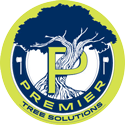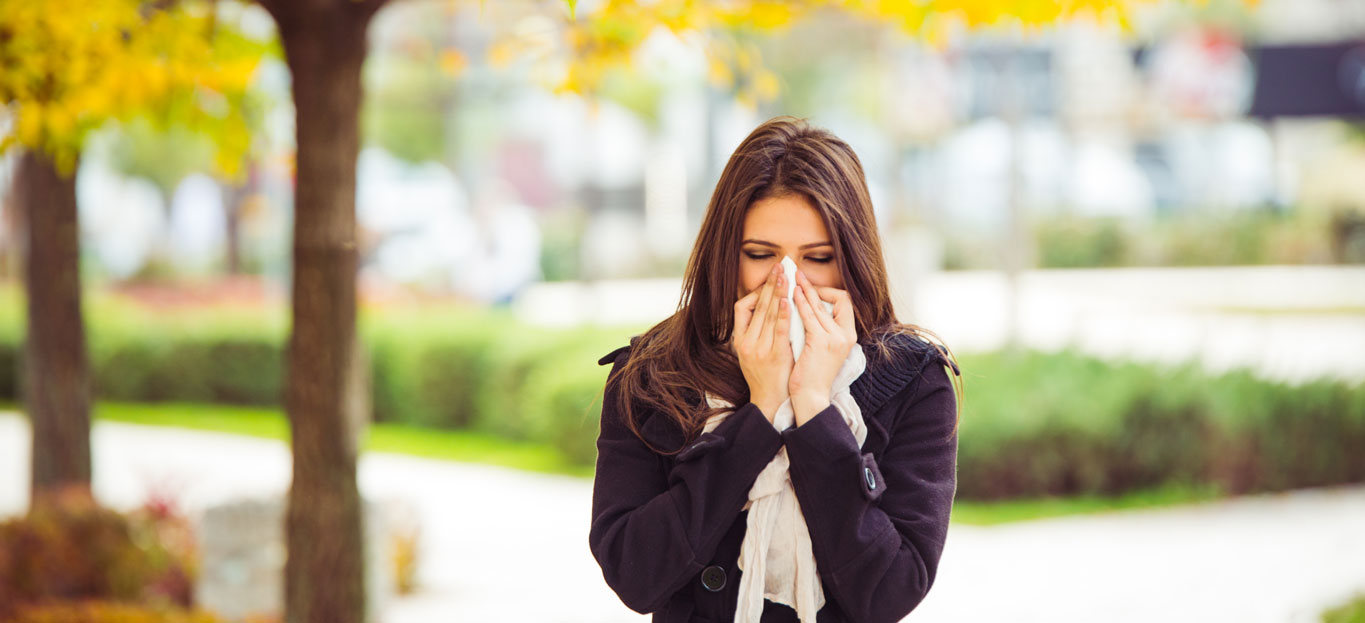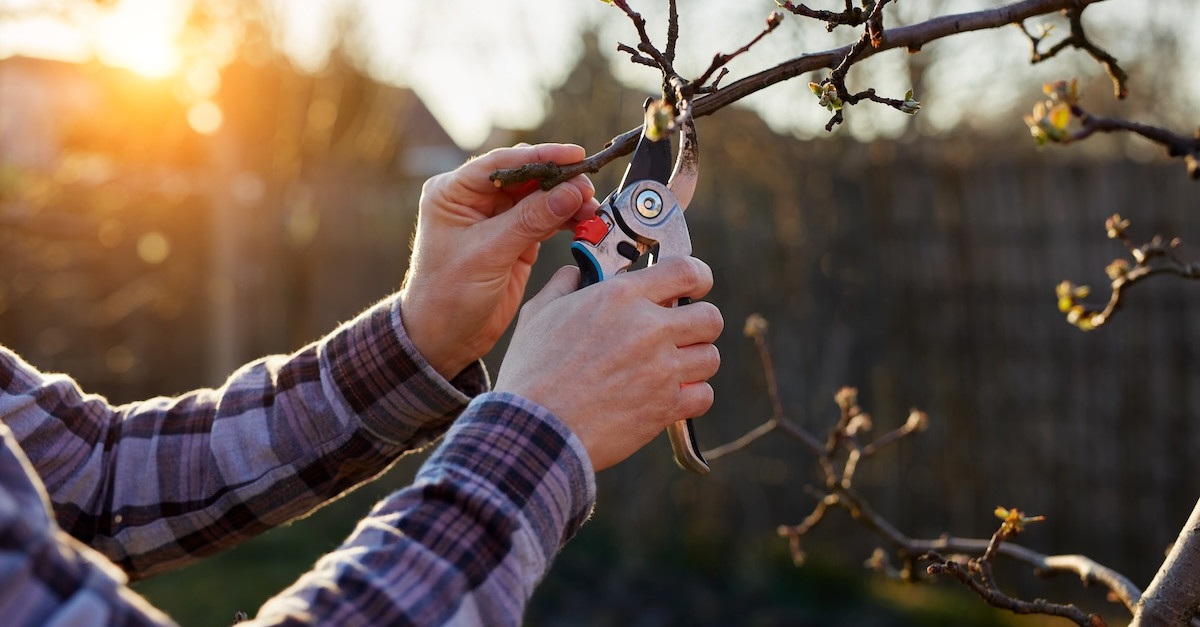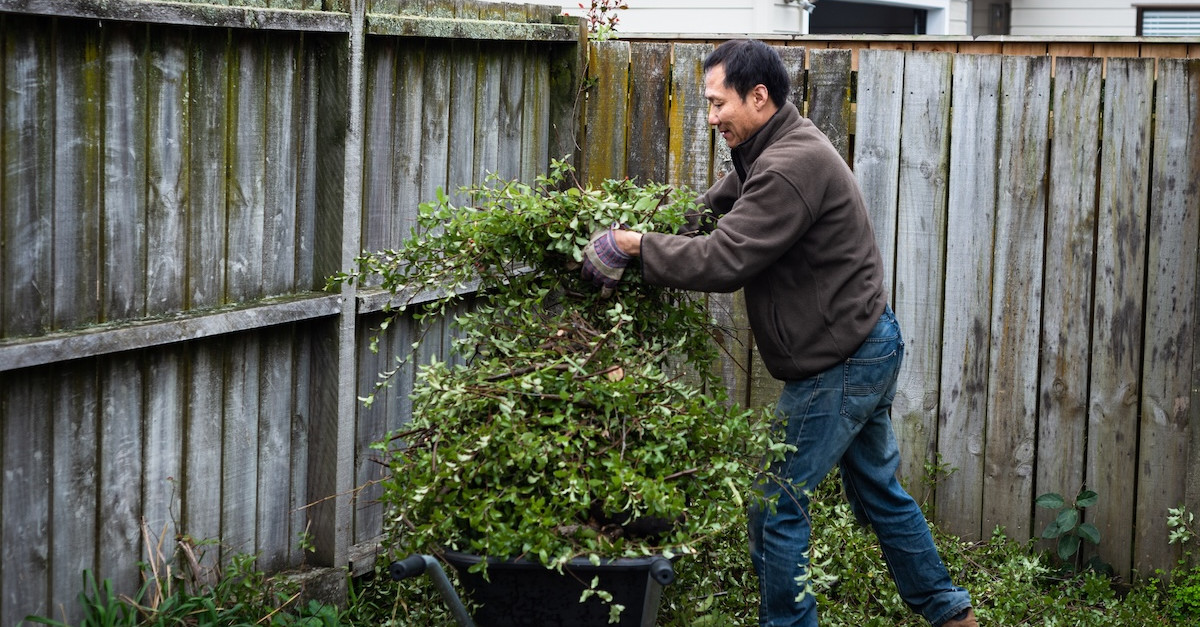How Trees Could be Pollen You Down: Asthma and Allergy Awareness Month
Allergies are a wide-sweeping problem that affect around 50 million people in the United States, representing 30 percent of adults and 40 percent of children, according to the Asthma and Allergy Foundation of America. Hundreds of species of plants release pollen to which people are allergic, and many of the culprits are trees.
Pollen and Your Nose (+ Other Parts of the Body)
An allergen is anything that causes a histamine response in the body, which is when your body attacks foreign pathogens. If your immune system recognizes pollen as a pathogen, then congratulations: You have an allergy!
Unfortunately, late winter and early spring are the high seasons for tree allergies. During these sneeziest of weeks and months – starting as early as January and continuing into April, or later – trees release tons of the stuff, which wafts easily on the breeze. The good news? Only about a hundred species of trees actually cause allergies.
The Allergy-est Trees
Some of the worst culprits include:
- Alder
- Ash
- Aspen
- Beech
- Birch
- Box elder
- Cedar
- Cottonwood
- Date palm
- Elm
- Hickory
- Juniper
- Mountain elder
- Mulberry
- Oak
- Pecan
- Phoenix Palm
- Red Maple
- Silver Maple
- Willow
This is by no means an exhaustive list, so when you go to purchase trees at the nursery, make sure to ask if they cause allergic reactions. If you can, avoid them.
Protect Yourself
If you want more pollen protection from trees causing allergies, you can take a few simple steps. Stay out of the yard during midday and afternoon, as these are the worst times for pollen. Try to get outside after rainstorms, which clear pollen from the air, and always wear gardening gloves, so that when you take them off and scratch your nose, fingers are pollen-free. Wear sunglasses to protect your eyes and, if you can stand it, a bandana to cover the nose.
Get Trees Under Control
If you’re hoping to avoid an allergy onslaught in coming years, you would do well to contact a tree removal business. They can help you trim and prune your trees to reduce the number of branches, and therefore the amount of pollen being released, as well as make your trees lovelier to look at.
Companies such as Premier Tree Solutions in Atlanta can also help remove brush and suckers, tree starts that may grow up into full-blown pollen producers. If you’re looking for storm cleanup, crane services, or stump removal, we can help you there too – just give us a call today at 404-252-6448 or contact us here.










